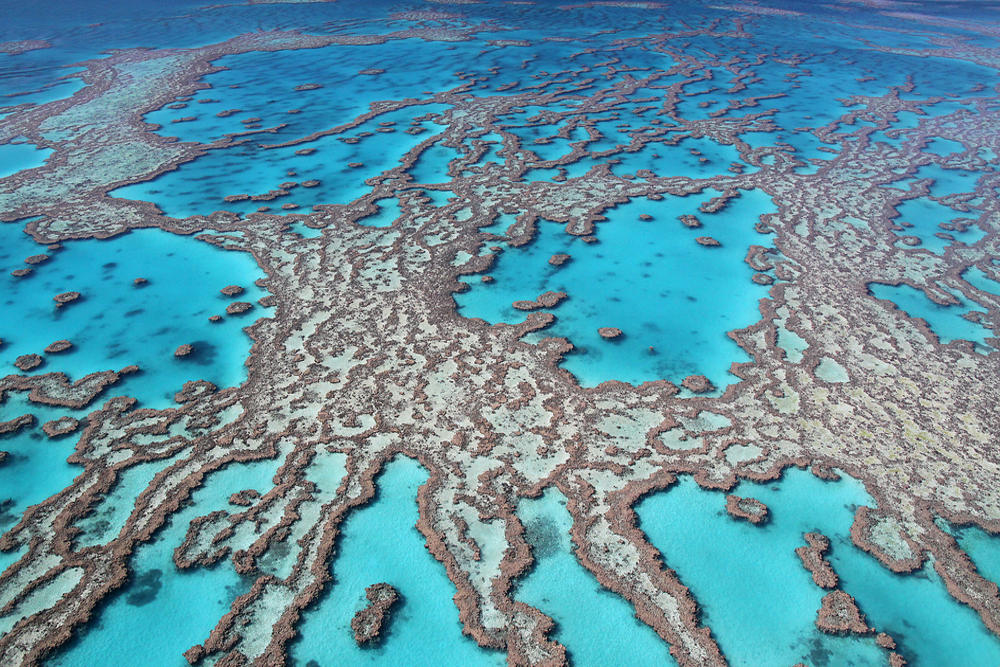
Offshore project developers are best positioned to achieve their objectives if they collaborate early with Traditional Owners and seek archaeological expertise to prioritise cultural heritage in their planning across Aboriginal ‘Sea Country’, which includes millions of hectares surrounding Australia’s 34,000-kilometre coastline.
Extent Heritage, an RSK Group entity, is one of Australia’s largest heritage management and archaeological companies.
Archeologist, cultural heritage adviser, and Sea Country Unit of Extent Heritage Manager Erica Walther said: “There are so many new facets to building infrastructure off our coastlines, and it’s challenging our existing laws because it hasn’t been done this way before.
“Developers who partner with Traditional Owners and equip their projects with archeological expertise are best placed to navigate project requirements as the legal framework and government policy continue to evolve.”
Aboriginal and Torres Strait Islander people have a 65,000-year-plus continuing connection to both land and Sea Country.
Sea Country was not always submerged — for example, a land bridge connected Victoria and Tasmania until about 14,000 years ago. At that time, the total land mass of Australia was over two million kilometres larger than it is today.
This submerged land has special significance to Traditional Owners.
Walther said: “It’s important for developers to understand First Nations heritage in their project areas. There are substantial potential archaeological and educational benefits in exploring Sea Country to find out more about the landscapes and seascapes that have significance, and tie back into the Dreaming story.”
Aboriginal Dreaming Stories have been carried down over time about the flooding of Port Phillip Bay and Western Port Bay near Melbourne — an intertwining of tangible and intangible history and culture.
These considerations of Sea Country, and the social licence that can be built through its appropriate management with Traditional Owners, are being tested in Victoria’s Gippsland area.
It has been earmarked for a 2.085GW offshore wind project, with the state government expected to award a commercial licence for works to start.
“But businesses need to have a long-range view to think about potential impacts to tangible and intangible cultural heritage, and the work they’ll need to be doing to understand and manage this over the next 10 plus years of their development cycle,” said Walther.
Walther urged future offshore developers to follow best practices before commencing projects. “Partner with Indigenous communities to appreciate their connections to Sea Country. Invite expertise with a rigorous methodology to identify what’s submerged so significant cultural heritage can be accommodated into your planning. All that is part of your due diligence for a feasibility licence from the Commonwealth Government and will set you on a path to gaining social license through what might now seem like no man’s land.”









